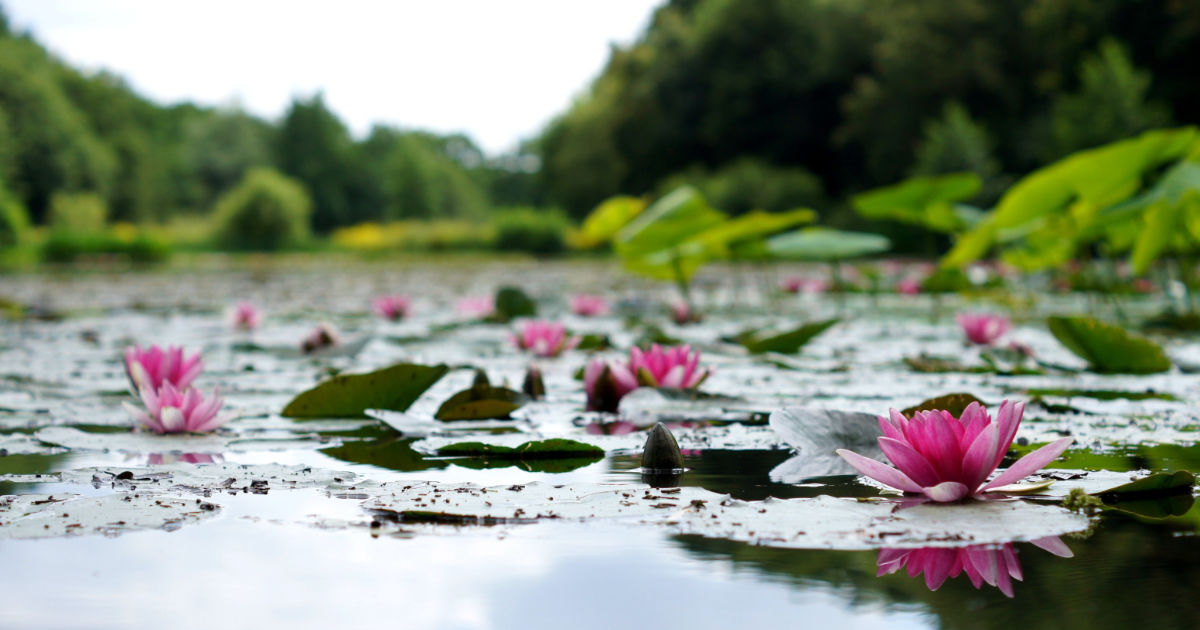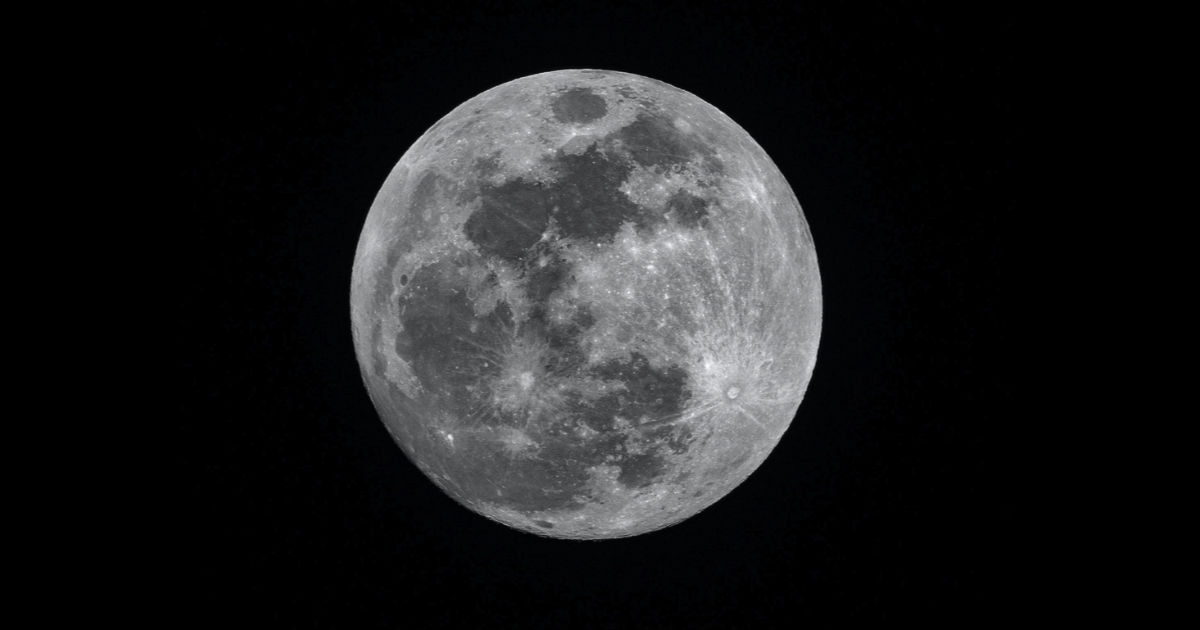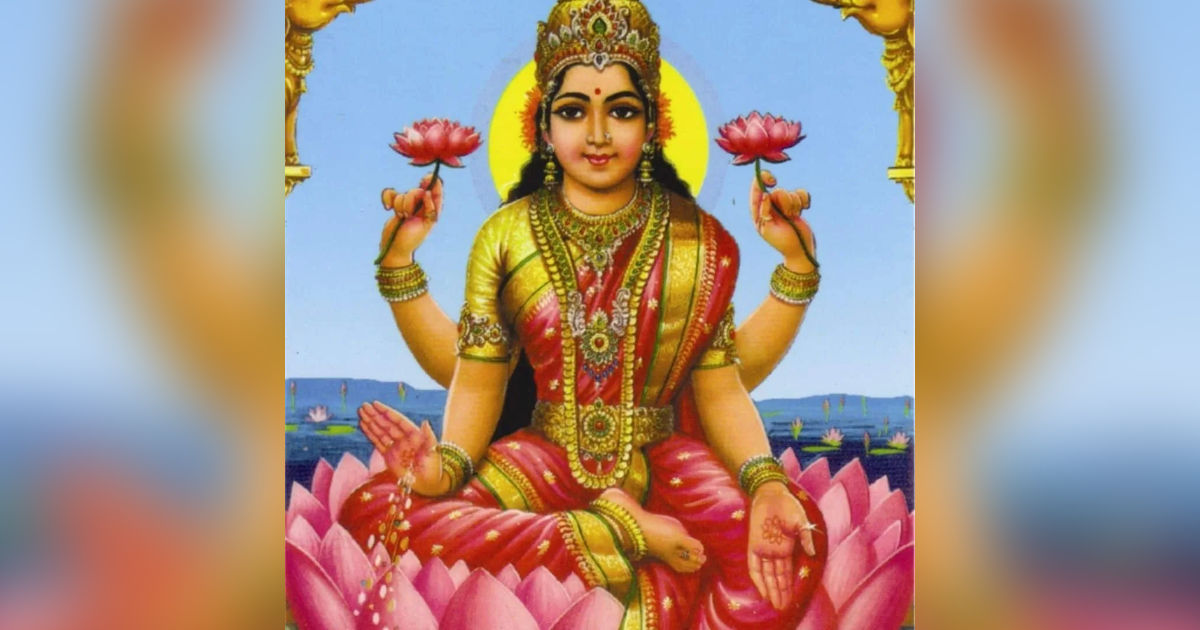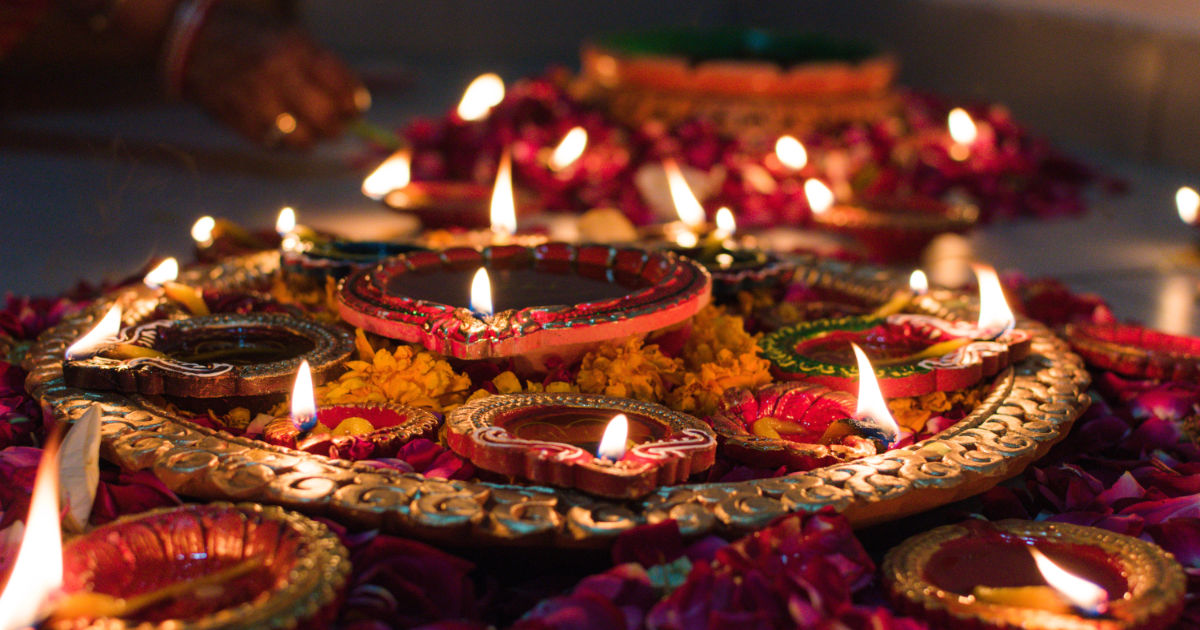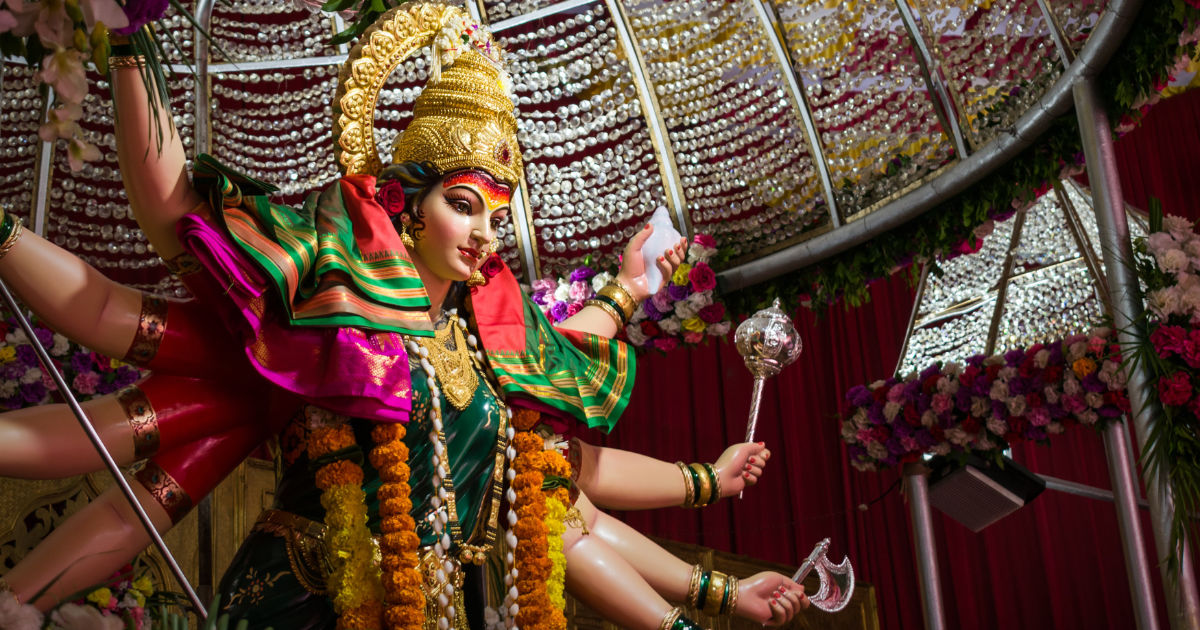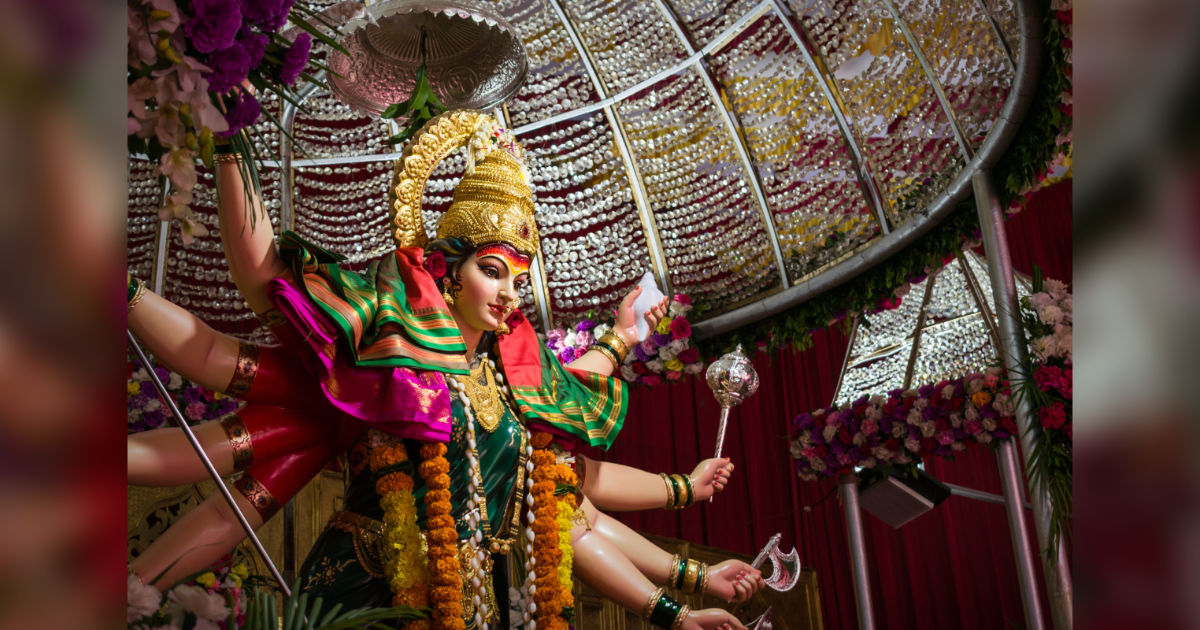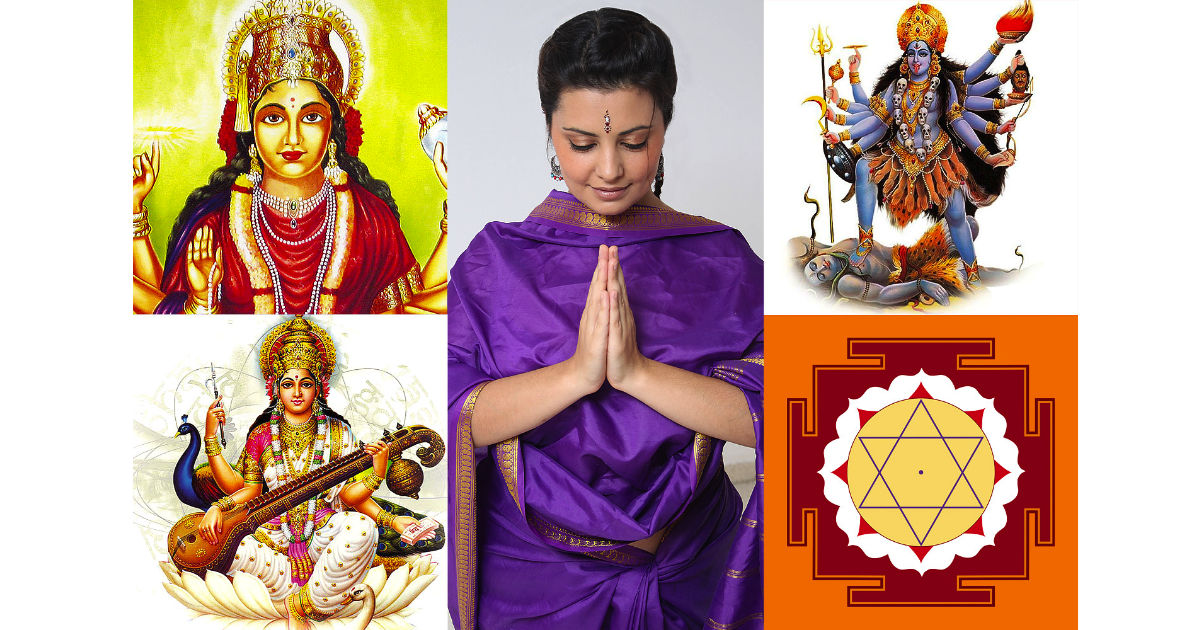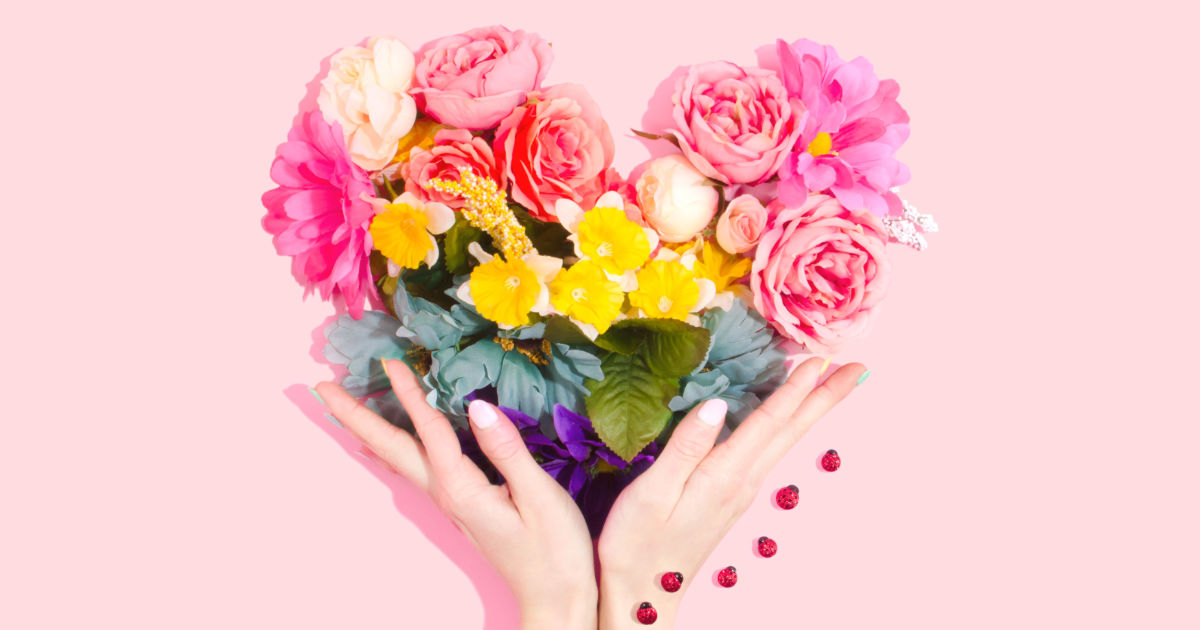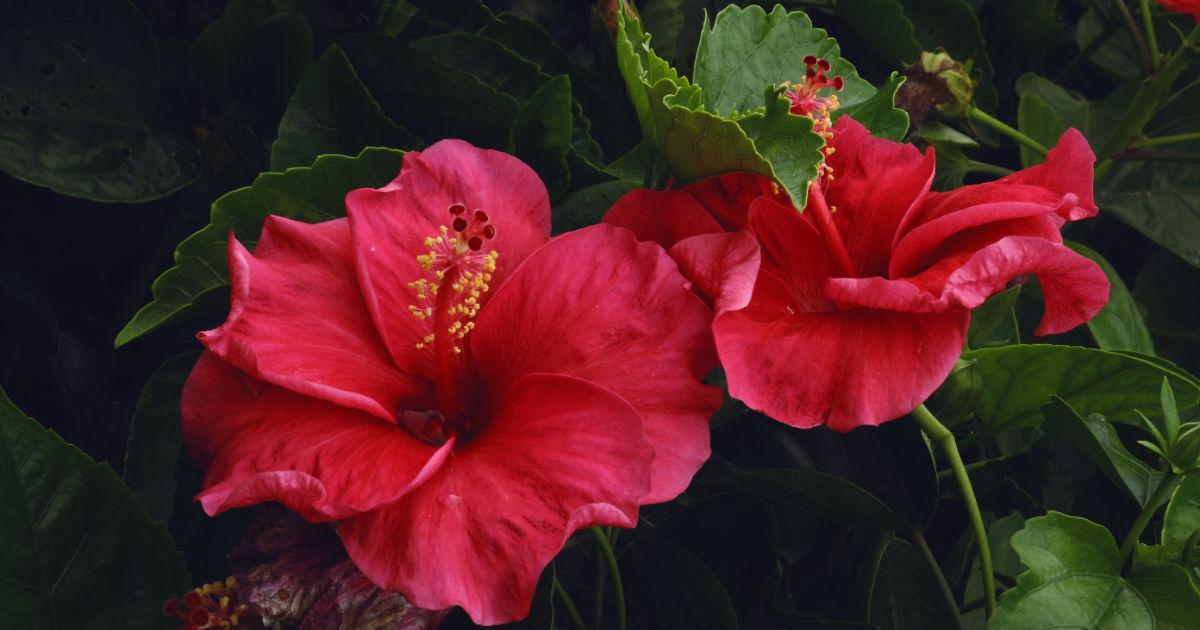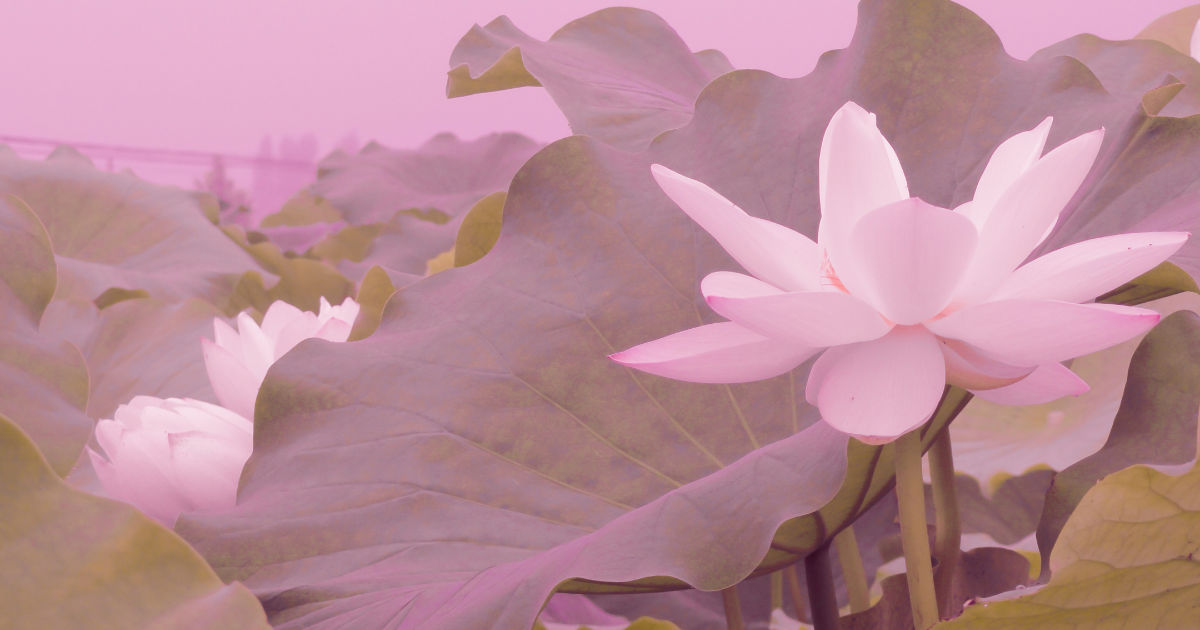 To be read during Navratri. Dear Ones enjoy the blessings of the Mother.
To be read during Navratri. Dear Ones enjoy the blessings of the Mother.
I bow to you Durga, the bestower of happiness,
I bow to you, O Goddess Amba who ends all miseries.
The radiance of your light is limitless
And all pervading and all of the three realms (Earth, Heaven and the Netherworld) are enlightened by Thee.Your face is like the moon and mouth very huge.
Your eyes shine with a red glow
And you have a frightening frown.
O mother, your look is enchanting, the very sight of which
Ensures welfare of the devout.All the power of the world reposes in
Thee and it is you, who provide food and wealth
For the world’s survival.
Like the feeding, Mother Annapurna,
You nurture the whole universe and you are
The one, who appears like the timeless
Bala Sundari (the young girl of extreme beauty).At the time of dissolution, it is you,
O Mother, who destroys everything.
You are the beloved consort of Lord Shiva, Gauri.
Lord Shiva and all the yogis always chant your praise
Brahma, Vishnu and all other Gods ever meditate on you.You appear in the form of Goddess Saraswati too,
To grant wisdom to the sages and thus ensure their welfare.
In the form of Goddess Lakshmi,
O Mother you appear in the world
And repose by the side of Shree Narayan.Dwelling in the ocean of milk,
O goddess with Lord Vishnu,
Please fulfill my desires.
He who sings your glory with devotion, love and sincerity
Goes beyond the cycle of births and deaths.O Merciful Mother! Show me your favor and make me feel
Happy bestowing me with all sorts of riches and powers.
Pray with sincerity, Ma has a mother’s heart and she knows what you wish for.

